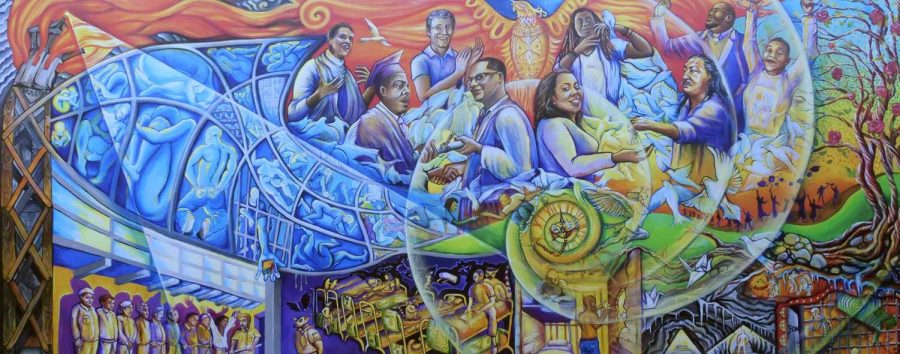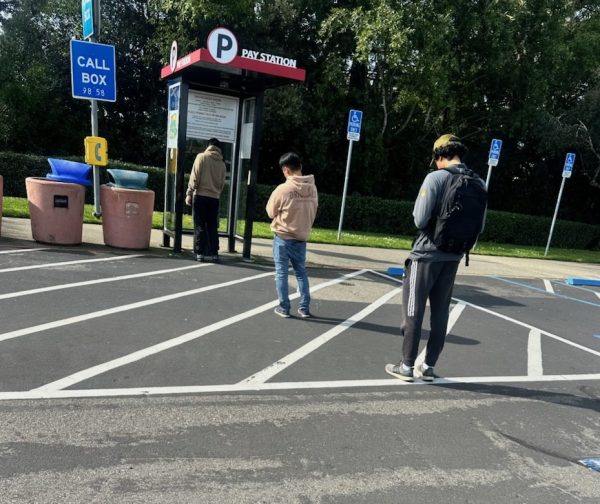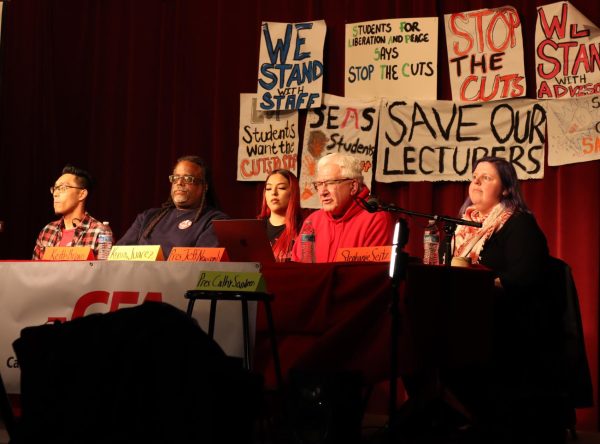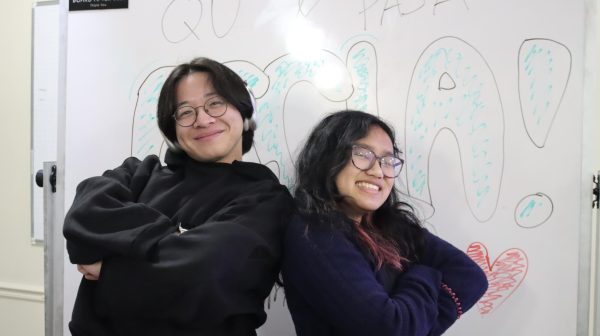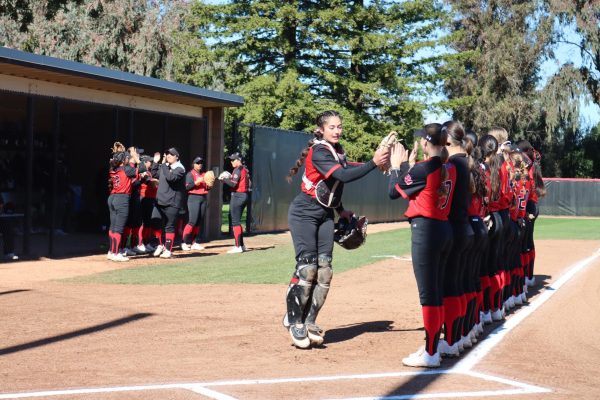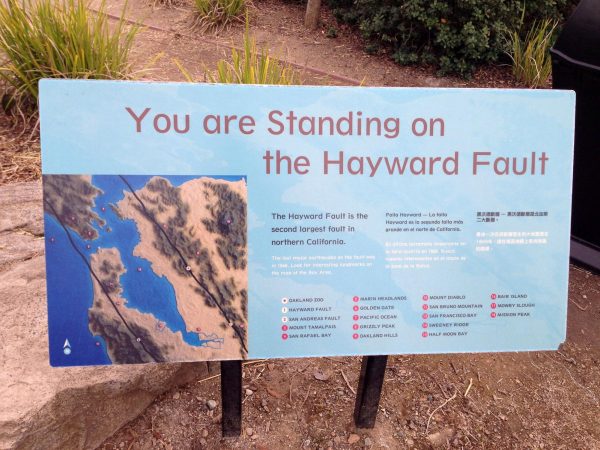Road to Redemption: Project Rebound
The state of California has committed to reintegrating formerly incarcerated individuals by enabling them to get higher education within the California State University system via a pilot program called “Project Rebound.”
Project Rebound was first established at San Francisco State University by Dr. John Irwin in 1967. As a once-convict himself, Irwin spent five years within California’s prison system for armed robbery. While incarcerated, Irwin took college-level classes through an extension program. Upon release, Irwin earned his Ph.D. in Sociology from the University of California, Berkeley in 1968. After receiving his doctorate, Irwin became a sociology and criminology professor at SFSU, where he taught for 27 years.
Irwin founded Project Rebound as a way to guide those within the prison system toward a better life after release through education and prevent repeat offenses.
“Ninety-eight of people who are incarcerated are going to be released. In what state do we want them to go home?” said Chairman and Executive Director of Project Rebound, Brady Heiner. Project Rebound aims to help those who were imprisoned in the past build their own pathway to a brighter future.
Irwin’s remarkable drive toward the pursuit of academic excellence and criminal justice reform stemmed from his personal experience and humanist perspective on inmates, viewing them as human beings as opposed to lawbreakers.
Currently, California is the only state to offer college classes to prisoners through commutation and university programs. As a national pioneer in prisoner reintegration practices, the state’s “Project Rebound” has been an astounding success. Statistics show that students graduating from the program between 2016 to 2020 had a zero percent recidivism rate, compared to the average rate of 50 percent.
Circa 1967, Project Rebound has helped many former prisoners find their footing since their release by providing assistance on scholarship applications, internship scouting, mental counseling, and academic advising. Aside from enabling prospective academics toward obtaining a degree, many former inmates have pursued politics to help revise the penal system. Romarilyn Ralston is a Washington University alumna who obtained a Masters degree in Liberal Arts, also holding a Bachelors degree in Gender and Feminist Studies from Pitzer College. While serving 23 years at the California Institution for Women, she struggled with the weight of a crime on her shoulders, and had difficulty finding a way to amend her actions. In 2005, she and a number of women from the prison advocated for students at Claremont College to teach them while confined. Upon release in 2011, she reached out to some of her mentors who encouraged her to apply to Pitzer, and as of 2022 she is the Project Rebound executive director at Cal State Fullerton and Chair of the CSU Project Rebound Consortium Policy and Advocacy Community. Ralston is a recipient of many awards, and in 2018 was Fellow of Women’s Policy Institute, where she was a member of the criminal justice reform team. She has built a career involving and surrounding in Black feminism, prison abolition, and abolishing structural racism in the legal and educational system.
Cyprian is one example of many success stories, with more to come as the program continues to expand and evolve. As of 2016, Project Rebound has expanded to 14 CSU campuses. Project Rebound embodies hope and the will to change by empowering inmates who felt like they couldn’t find a way into society, either by lack of confidence or by the prevalence of bias against former felons in business and academia.
To get a hint of what life as a former criminal feels like, the documentary Life After Life centers around the lives of three incarcerated men who face the struggle of coping with trauma, reconnecting with friends and family, and adjusting to society.
For more information regarding Project Rebound and other student success measures, please visit the CSU Student Success website.


